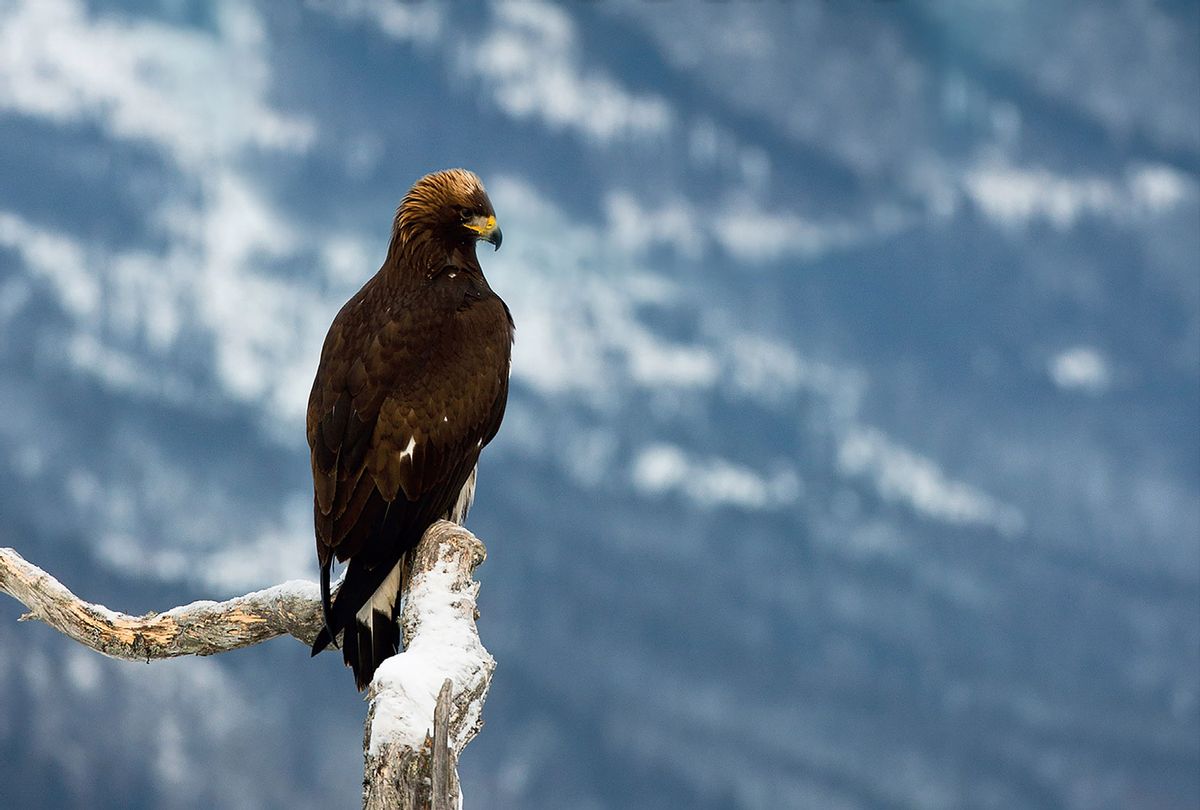A philosopher of science explains how birds perceive time and space differently than humans

The human and the fowl worlds overlap, particularly in metropolitan areas and suburbs the place we have to tolerate just about every other’s existence. With this in mind, a team of Spanish researchers established out before this calendar year to observe no matter whether humans’ shifting actions as a consequence of the pandemic had affected our feathered pals. Published in the journal Proceedings of the Royal Society B, the researchers’ findings consistently surprised them. For 1 matter, scientists anticipated birds to be much more plentiful in city and city spaces, locations that people had been instantly scarcer in. This proved not to be the circumstance. Yet birds did change their routines in response to humans turn out to be quieter. Notably, some species of male birds became louder and more musical, as the reduction of sound pollution authorized them to execute their calls earlier in the working day.
It is unusual to consider that birds stay between us, and but are so alien in their day to day routines and lives. Vinciane Despret — a Belgian thinker of science and associate professor at the University of Liège — would like to adjust that with her new reserve, “Living as a Hen” (translated by Helen Morrison). Opening with observations about a close by warbling blackbird, Despret immerses visitors into the environment as it is perceived by all those with wings, beaks and talons. Though birds of distinct species will co-exist peacefully through the migratory months of winter, they ostentatiously sing after spring will come and come to be incredibly aggressive with other birds. To recognize both of those this system and birds’ mindsets more broadly, Despret techniques the subject matter with the vivid prose of a resourceful writer in its place of the dry, dense verbiage of the detached scientist.
If there is a popular theme during the e-book, it is that discrepancies amongst species (and, for that issue, within the organic sexes in each species) are layered, intersected and not often as simple as we may possibly desire to consider. Employing this understanding as a narrative lens, Despret’s ebook explores how birds transition from peacefully co-present during the wintertime migration to a sophisticated social system in which they sing aggressively, type alliances and behave territorially. Despret explained to Salon that there ended up numerous vital lessons she learned about how a bird’s level of view will vary from a human’s. The to start with will involve their notion of time.
“I assume that time is definitely not the similar for birds as it is for us humans,” Despret described, pointing out that humans have a “specified steadiness” in how they working experience time that does not seem to be the exact for birds. “We do not leave in the same time all the time: If you are in complicated difficulties or ill, the time will feel lengthy, and other times when you are just taking pleasure in one thing, the time appears to be too limited. It looks, for instance, then when you get older, the time we stay in is not the similar — that when we had been young the years did not go so fast, but when you are previous 60 the several years start coming at you speedier.”
Birds, even so, have a different perception of time.
“I think that for the birds this is incredibly, quite unique,” Despret told Salon. “At times they reside in the pure present, but when they sing for example they have to negotiate and to deal with the time mainly because what is track? It really is music. And songs is a question of controlling time.”
As Despret also points out in her e book, birds’ notion of time would also be a lot extra seasonally-based mostly than people, provided the drastic improvements in selected species’ behavior based on the time of year. And, of study course, birds are inclined to all types of psychological circumstances that humans do not know about, which may perhaps change their sense of actuality.
Want additional wellness and science tales in your inbox? Subscribe to Salon’s weekly publication The Vulgar Scientist.
She also pointed out that, though birds can be fiercely territorial, their notion of “non-public” assets is quite different from humans’.
“Their way of taking into consideration a position as a household is genuinely not the exact as the way we contemplate a place as a home,” Despret informed Salon. Based mostly on researching their actions, she thinks that birds feeling their own position in a given place as that of a tenant, not an owner. “They are, I would say, the ‘dwellers’ or ‘inhabitants’ of the place,” Despret explained, incorporating that “I imagine that the romantic relationship with places is extremely distinct than what we have as marriage to areas or know of as inhabitants.”
This is not the only way that birds have an strange romantic relationship with area. Whilst individuals only stay in the two dimensions supplied by the horizontal world, birds have a large variety of vertical alternatives. This would influence a bird’s perception of its very own entire body pertinent to the relaxation of the world it inhabits, and also open up it up to a universe of sensory ordeals based mostly on atmospheric pressures. People only knowledge the ambiance (for the most aspect) from the bottom layers, and as one thing to be inhabited statically. Birds can shift up and down layers of the ambiance with the relative ease of a jogger wandering as a result of varieties of diverse terrain.
Normally, Salon asked Despret about how birds might be enduring the most crucial pure function of our era — climate improve — in a way distinct than people. She responded, with wonderful sadness, that not even all people are likely to working experience this in the similar way, given the great variety of our backgrounds and encounters. Even though it is hard to make a immediate comparison, she appeared assured when asserting this a lot: That they are very likely “substantially much more poisoned than we are.”





